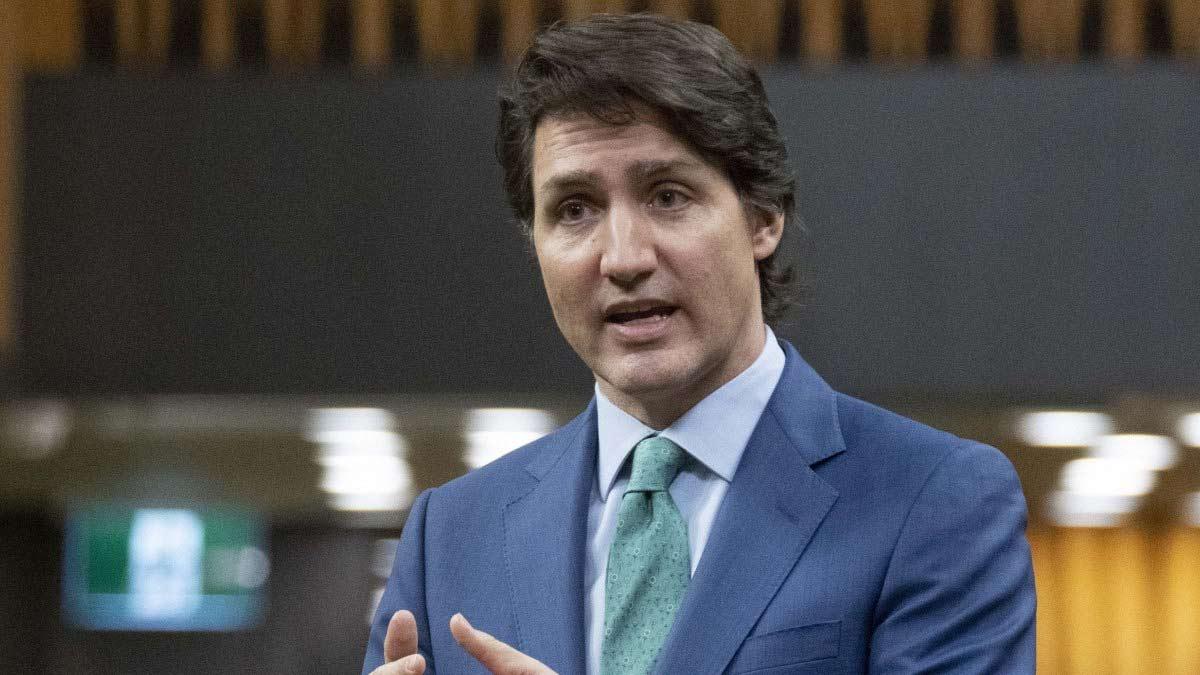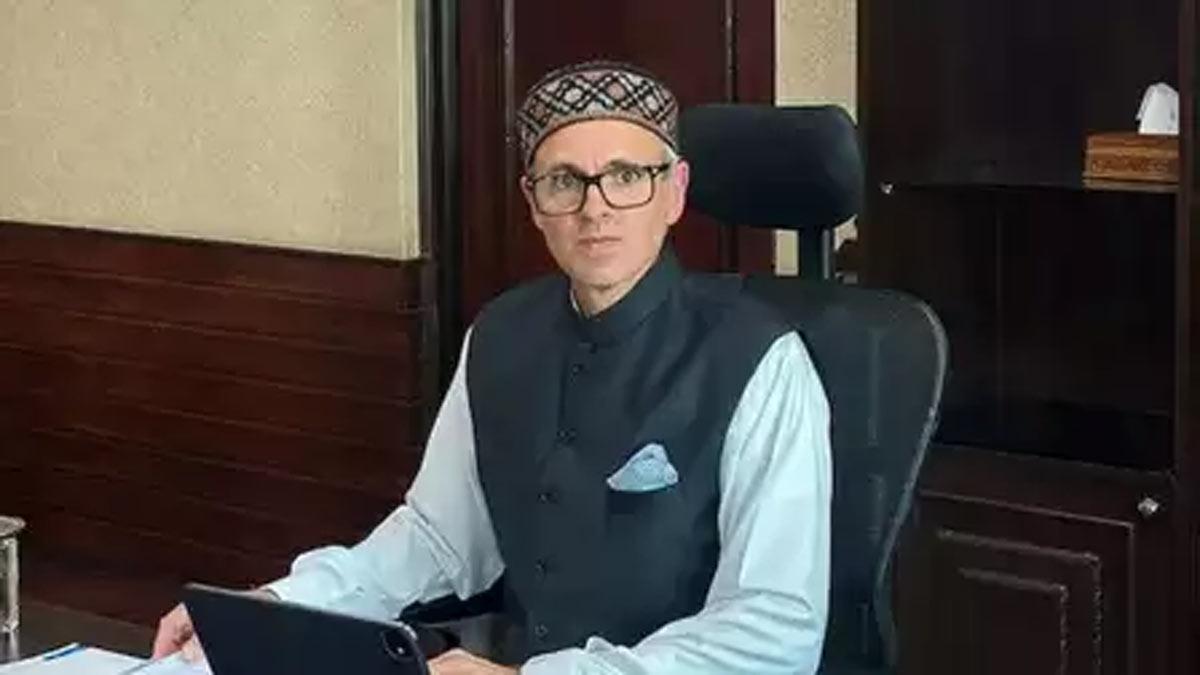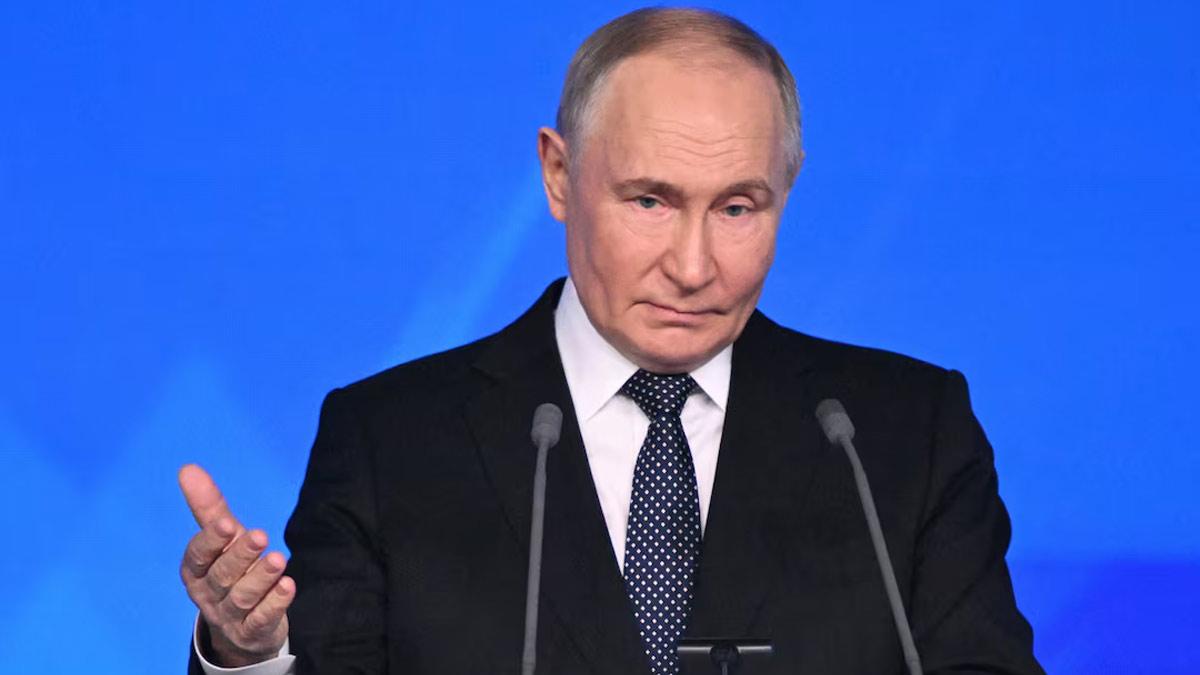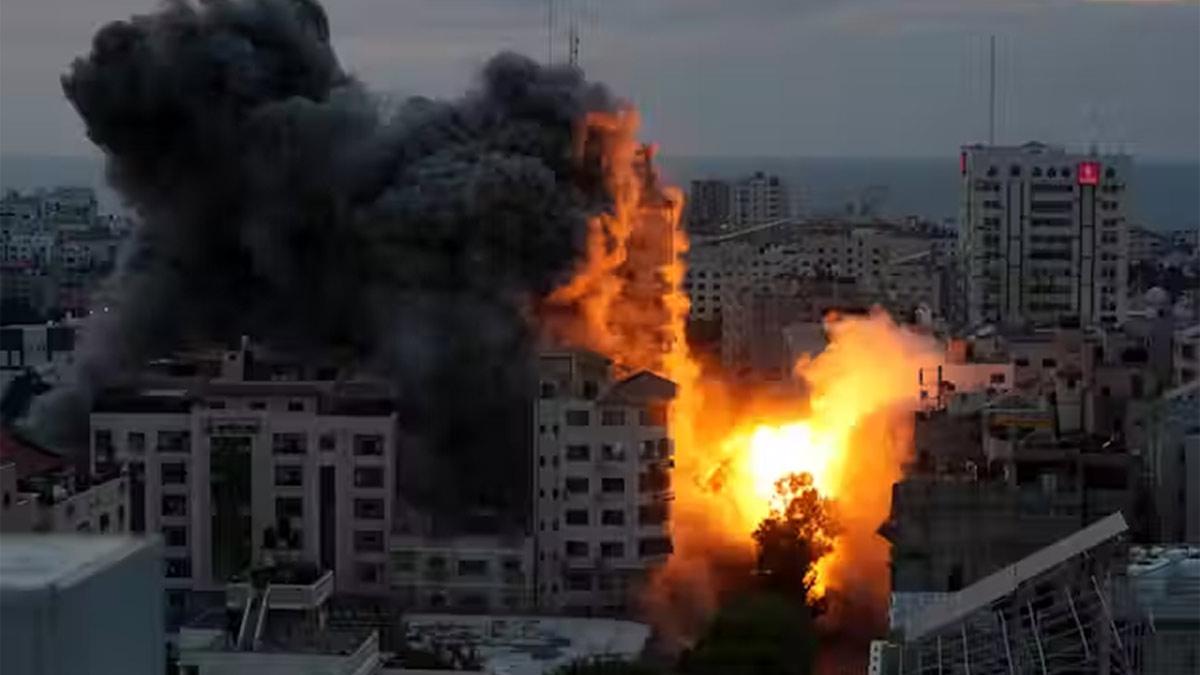The vindictive campaign by the Justin Trudeau-led Canadian government against India has come under sharp exposure once again, this time with two high-ranking officials in Ottawa finally admitting to leaking the much-hyped 'intelligence' on India to the American media before it was unveiled at home.
Nathalie Drouin, Canada's National Security and Intelligence Advisor, and David Morrison, Deputy Minister of Foreign Affairs, informed The Washington Post of the leaks before the RCMP openly accused India of involvement in the killing of Khalistani terrorist Hardeep Singh Nijjar and other incidents in Canada.
During a parliamentary panel session, Drouin revealed that the leak, coordinated with Morrison, was part of a "communications strategy" to ensure that a major American outlet received Canada's perspective on the escalating diplomatic row with India, according to local media reports.
She said the supposedly unclassified data was made public a week before Thanksgiving in Canada on October 14. Drouin said that strategy was reviewed by the Prime Minister's Office but didn't require any approval from Prime Minister Justin Trudeau, Global and Mail reported.
Drouin said the leaked intelligence did not contain classified information and was intended to share Canada's concerns over alleged illegal activities by Indian agents against Canadians, including threats to their lives.
The strategy included allegations that linked Indian officials to the killing of Khalistani supporter Sukhdool Singh Gill, who was shot in Winnipeg last year, after Justin Trudeau accused the Indian officials of being involved in the murder of Nijjar, without providing any evidence to support his claim.
The intelligence also implicated the Indian Home Minister in directing violent operations from New Delhi.
Relations between the two countries sharply rose after India expelled six Canadian diplomats on October 14, a day after Ottawa declared India's High Commissioner and other diplomats as "persons of interest" in the murder probe into Nijjar. On the same day, the highest-ranking RCMP officials went public with serious accusations against India.
New Delhi has been claiming for a long time that the Trudeau government "consciously provided" space to violent extremists and terrorists to harass, threaten and intimidate Indian diplomats and community leaders in Canada.
As India announced its decision to its diplomats on October 14, it had underlined that, in an atmosphere of extremism and violence, it had no faith in the commitment of the current Canadian Government to ensure their security.
Interestingly, Trudeau walks on thin ice, at home and abroad, since many leaders from his party and several Members of Parliament are planning to go further than just publicly expressing their dissatisfaction with his leadership in the coming days and prepare for officially demanding his resignation.
October 13 On this day, according to reports, India's National Security Advisor, Ajit Doval met his Canadian counterpart. Reportedly, Canadian officials told him that they have some evidence that India has partnered with the Bishnoi gang to carry out attacks on Sikh separatists in Canada.
The parliament also asked questions about why the information was shared with The Washington Post and not with the public of Canada when questioned Drouin and Morrison.
Conservative public safety critic Raquel Dancho had earlier condemned the move, terming it "unfair to the Canadian public," and added that it was made known to the American media before the information was given to the public in Canada.
RCMP Commissioner Mike Duheme supported the stance of Drouin, saying the information leaked was unclassified but withheld from the public not to jeopardize the investigations being carried out.
Read also| Zelensky Suggests Extension of Martial Law in Ukraine Through February 2025
Read also| Brazil Joins India as the Second BRICS Nation to Opt Out of China's Belt and Road


















